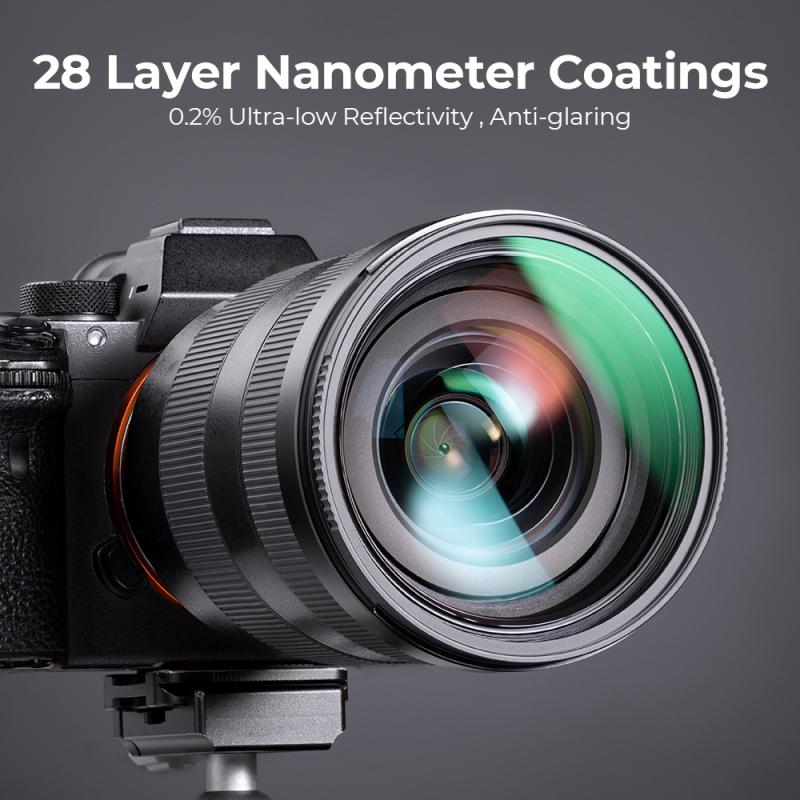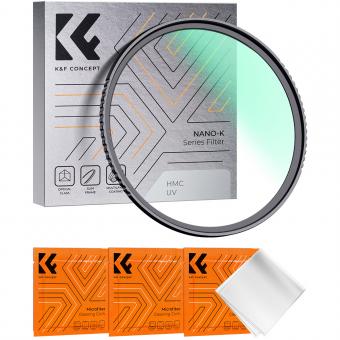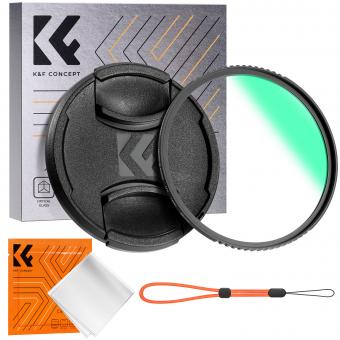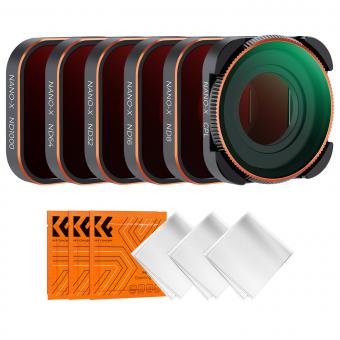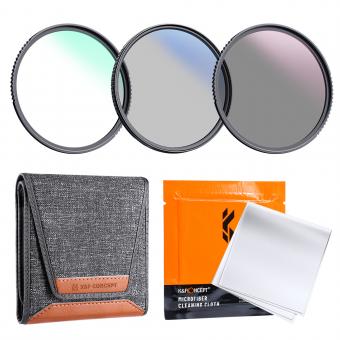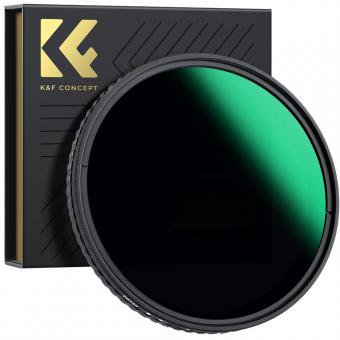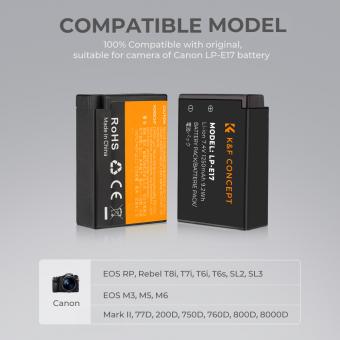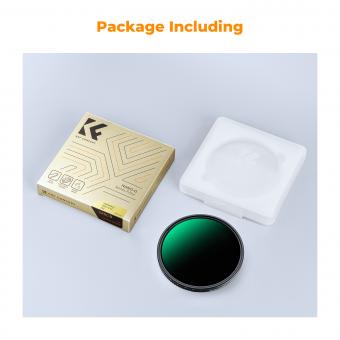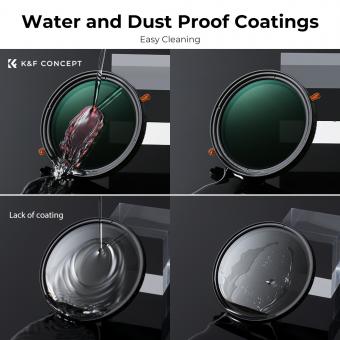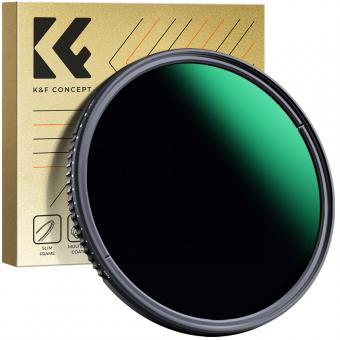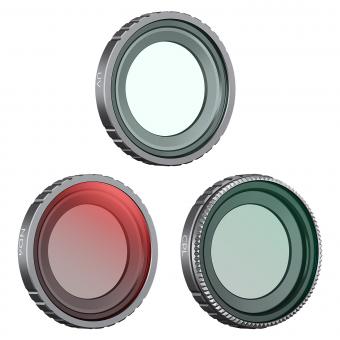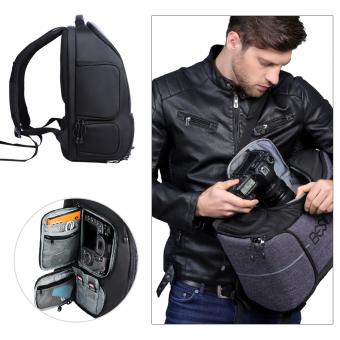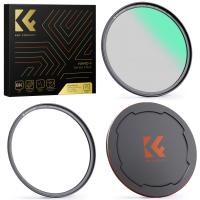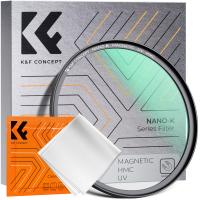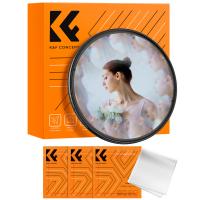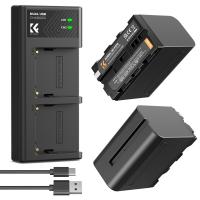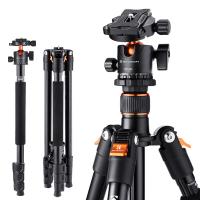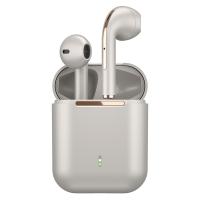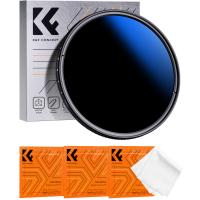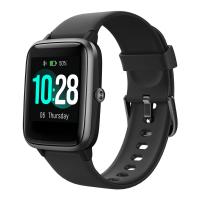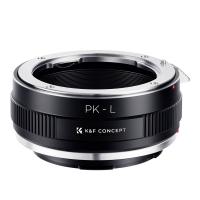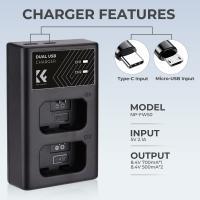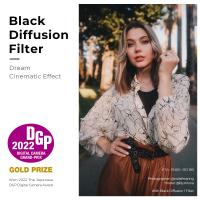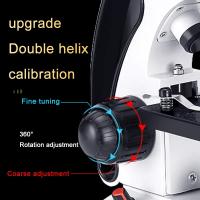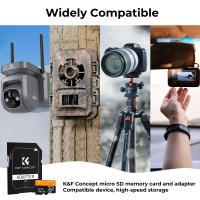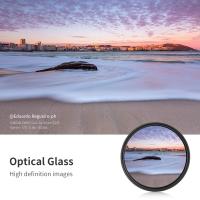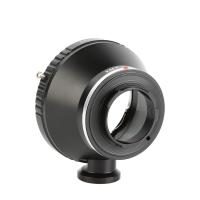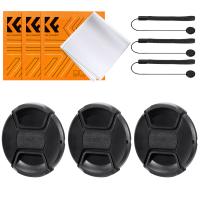What Are Uv Camera Filters For ?
UV camera filters are optical filters that are specifically designed to block ultraviolet (UV) light from reaching the camera sensor. These filters are commonly used in photography to reduce the effects of UV radiation, which can cause hazy and bluish images, especially in outdoor settings. UV filters are typically transparent to visible light but absorb or reflect UV rays, resulting in clearer and sharper photographs. They help to improve image quality by reducing the amount of UV light that enters the camera lens, resulting in more accurate colors and better contrast. Additionally, UV filters also provide an added layer of protection for the camera lens, shielding it from potential scratches, dust, and moisture.
1、 UV Camera Filters: Introduction and Function
UV camera filters are optical accessories that are designed to block ultraviolet (UV) light from entering the camera lens. These filters are commonly used in photography and videography to improve image quality and reduce the negative effects of UV radiation.
UV light is invisible to the human eye, but it can have a significant impact on photographs. It can cause hazy and washed-out images, reduce contrast, and create a bluish cast. UV camera filters work by absorbing or reflecting UV light, allowing only visible light to pass through the lens. This helps to produce clearer, sharper, and more vibrant images.
In addition to improving image quality, UV camera filters also serve a protective function. They act as a barrier between the lens and the external environment, shielding it from dust, moisture, and scratches. This is particularly important in outdoor photography, where the lens is exposed to various elements.
Furthermore, UV camera filters can also be used to enhance specific effects in photography. For example, they can be used to create a more dramatic sky by reducing the appearance of atmospheric haze. They can also be used to reduce the reflection and glare from non-metallic surfaces such as water or glass.
It is worth noting that the necessity of UV camera filters has been debated in recent years. With advancements in digital camera technology, many argue that modern camera sensors are already equipped with UV filters, making additional UV camera filters unnecessary. However, there are still photographers who believe that using UV camera filters can provide an extra layer of protection and improve image quality, especially in certain shooting conditions.
In conclusion, UV camera filters are used to block UV light, improve image quality, and provide protection for camera lenses. While their necessity may be debated, they continue to be a popular accessory among photographers and videographers.
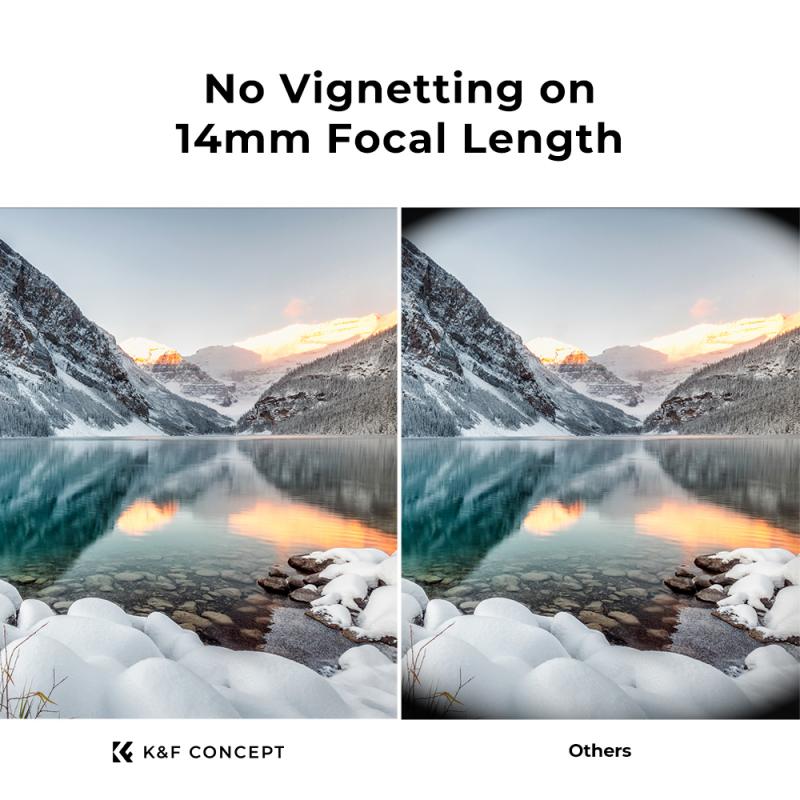
2、 Types of UV Camera Filters and Their Features
UV camera filters are used to block ultraviolet (UV) light from entering the camera lens. These filters are designed to enhance the quality of photographs by reducing the effects of UV radiation, which can cause haziness, blurriness, and a blueish cast in images.
UV camera filters are particularly useful in outdoor photography, especially in high-altitude or coastal areas where UV light is more intense. They help to improve image clarity, sharpness, and color accuracy by eliminating the unwanted UV rays. Additionally, these filters can also protect the camera lens from scratches, dust, and moisture.
There are different types of UV camera filters available in the market, each with its own unique features. The most common types include:
1. UV Haze Filters: These filters are designed to reduce the bluish cast caused by UV light and atmospheric haze. They are transparent and do not affect the color balance of the image.
2. UV Blocking Filters: These filters are specifically designed to block UV light completely. They are ideal for situations where UV radiation is particularly strong, such as in high-altitude or snowy environments.
3. Multi-Coated UV Filters: These filters have multiple layers of coating that help to reduce reflections, flare, and ghosting. They also provide additional protection to the lens against scratches and dust.
4. Slim UV Filters: These filters have a slim profile, which prevents vignetting when used with wide-angle lenses. They are suitable for photographers who frequently use wide-angle lenses.
In recent years, there has been a growing trend towards using UV camera filters for lens protection rather than for their intended purpose of blocking UV light. With advancements in digital photography and image editing software, the impact of UV radiation on image quality has become less significant. However, many photographers still prefer to use UV filters as a precautionary measure to safeguard their expensive camera lenses.
In conclusion, UV camera filters are primarily used to block UV light and improve the quality of photographs by reducing haziness and color distortion. They also provide protection to the camera lens against scratches and dust. While their effectiveness in improving image quality may be debatable in the digital age, UV filters continue to be popular among photographers as a means of lens protection.
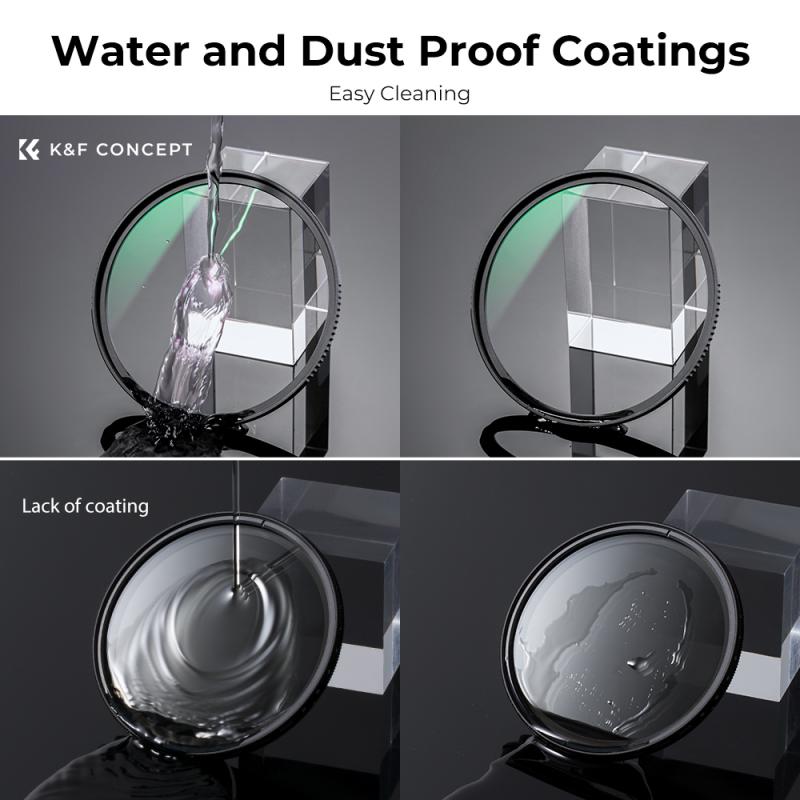
3、 Benefits of Using UV Camera Filters in Photography
Benefits of Using UV Camera Filters in Photography
UV camera filters are essential tools for photographers as they offer a range of benefits that enhance the quality of their images. These filters are designed to block ultraviolet light, which can cause haziness and a bluish cast in photographs. By using UV camera filters, photographers can achieve clearer, sharper, and more vibrant images.
One of the primary benefits of UV camera filters is their ability to reduce atmospheric haze. When shooting landscapes or outdoor scenes, the atmosphere can often create a hazy effect, especially in distant objects. UV filters help to minimize this haze, resulting in images with improved clarity and contrast. This is particularly useful when photographing mountains, seascapes, or any subject where distance plays a significant role.
Another advantage of UV camera filters is their ability to protect the camera lens. These filters act as a barrier, shielding the lens from dust, moisture, and scratches. This protection is especially important in challenging environments such as sandy beaches or dusty deserts. By using a UV filter, photographers can ensure the longevity of their lenses and avoid costly repairs or replacements.
UV filters also help to reduce the impact of ultraviolet light on film or digital sensors. While modern digital cameras have built-in UV filters, film cameras are more susceptible to the effects of UV light. By using a UV camera filter, photographers can prevent the bluish cast that often occurs when shooting in bright sunlight.
In addition to these traditional benefits, there is a growing trend in using UV camera filters for creative purposes. Some photographers experiment with UV filters to capture unique and surreal images. These filters can enhance certain colors, create interesting light effects, or even reveal hidden details that are invisible to the naked eye. This artistic approach adds a new dimension to photography and allows photographers to explore their creativity.
In conclusion, UV camera filters offer numerous benefits to photographers. They improve image quality by reducing atmospheric haze, protect camera lenses from damage, and minimize the impact of ultraviolet light. Additionally, they provide a creative avenue for photographers to experiment and push the boundaries of their art. Whether for practical or artistic reasons, UV camera filters are a valuable tool in the photographer's arsenal.
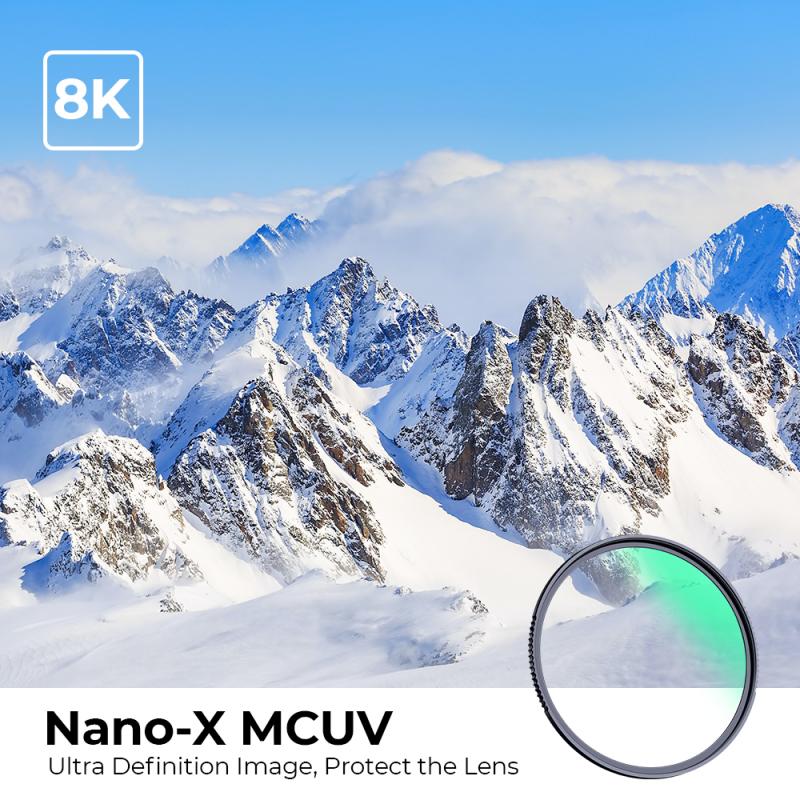
4、 How to Choose the Right UV Camera Filter for Your Needs
UV camera filters are designed to block ultraviolet light from entering the camera lens. Ultraviolet light is invisible to the human eye, but it can cause a variety of issues in photography, such as haze, reduced contrast, and color shifts. UV camera filters help to eliminate these problems and improve the overall image quality.
One of the main purposes of a UV camera filter is to reduce the amount of UV light that reaches the camera's sensor. This can be particularly useful when shooting in high-altitude areas or near bodies of water, where UV light is more prevalent. By blocking UV light, the filter helps to produce clearer and sharper images with better color reproduction.
Additionally, UV camera filters also serve as a protective barrier for the camera lens. They can help to prevent scratches, dust, and moisture from coming into direct contact with the lens, which can potentially damage it. This is especially important for photographers who frequently shoot in challenging environments or engage in outdoor activities.
When choosing the right UV camera filter, it is important to consider factors such as the filter's quality, size, and compatibility with your camera lens. High-quality filters made from optical glass or resin materials are recommended to ensure minimal impact on image quality. It is also crucial to select a filter that matches the diameter of your camera lens to ensure proper fit and functionality.
In recent years, there has been a growing debate about the necessity of UV camera filters, as modern digital cameras are often equipped with built-in UV filters. Some argue that these built-in filters are sufficient and that additional UV camera filters may not be necessary. However, others still believe that using a dedicated UV camera filter can provide added protection and improve image quality, especially in certain shooting conditions.
Ultimately, the decision to use a UV camera filter depends on personal preference and shooting style. It is recommended to experiment with and without a filter to determine the impact on image quality and choose accordingly.
